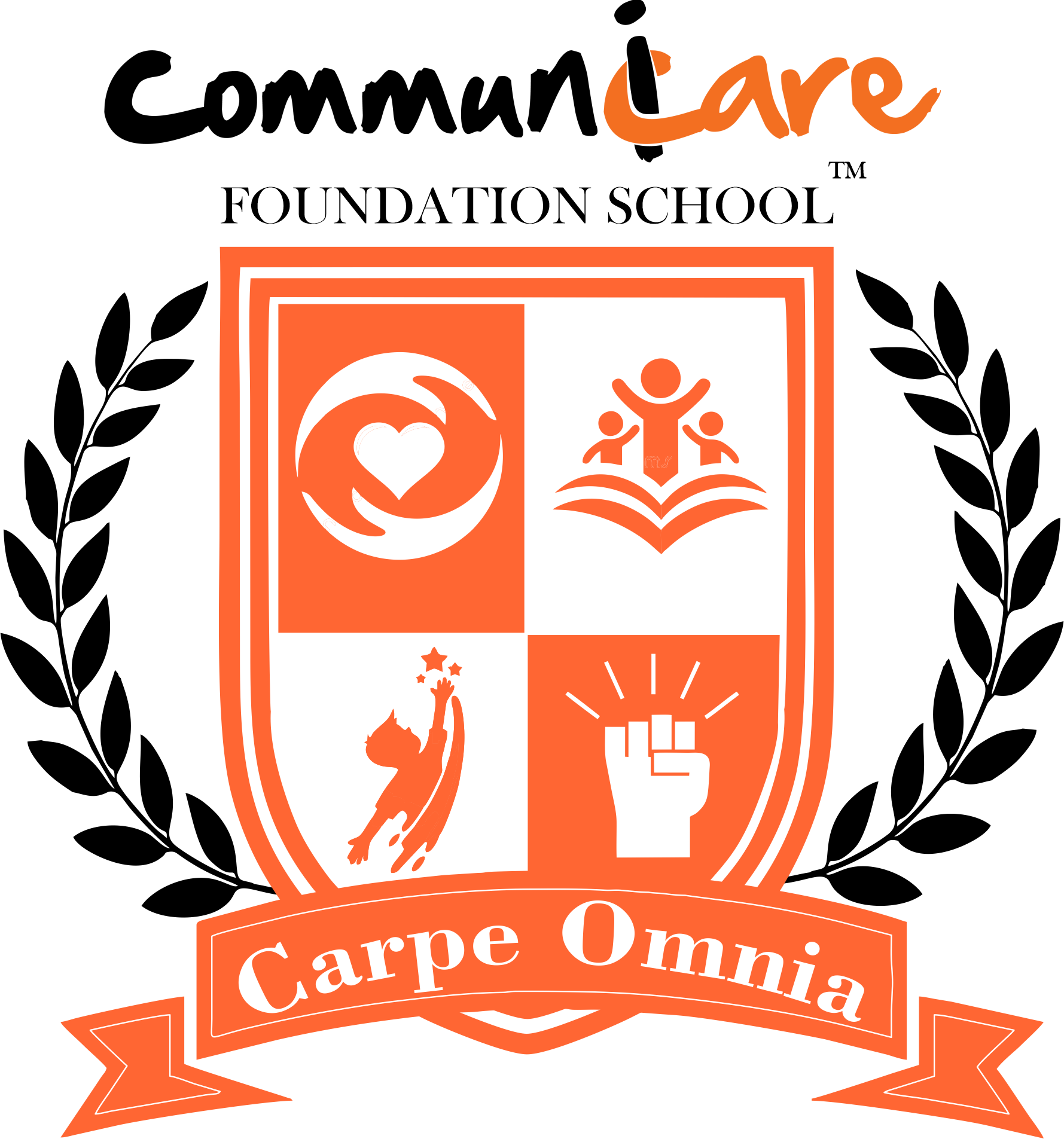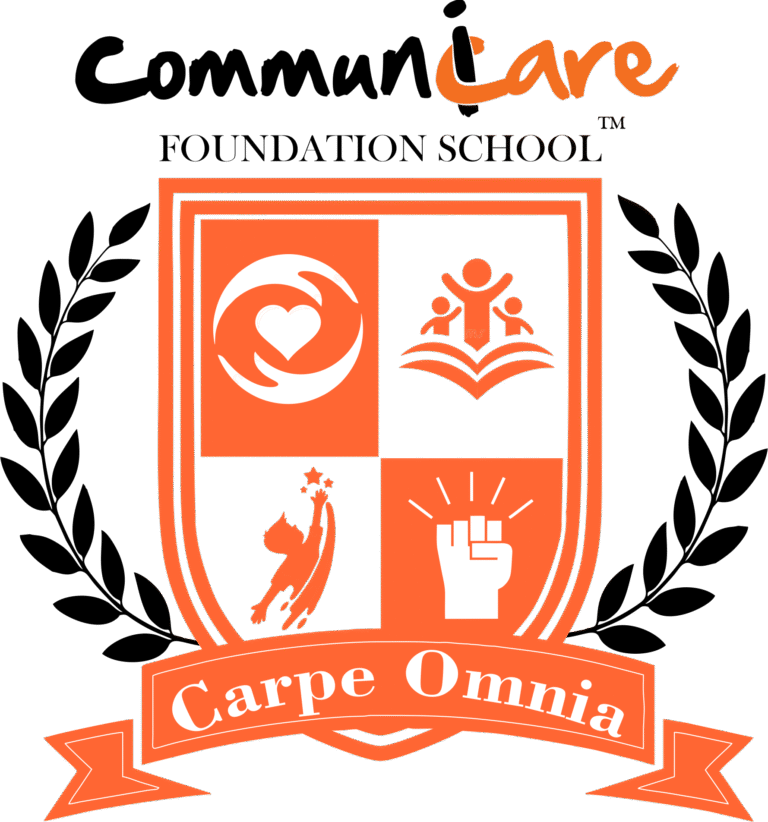What is the role of physiotherapy in neurological conditions?

The Role of Physiotherapy in Neurological Conditions: How Neuro Rehabilitation Helps Families Move Forward
When a loved one is diagnosed with a neurological condition—such as a stroke, Parkinson’s disease, or a brain injury—it can be scary and uncertain. You may find yourself at a stopping point, asking, “What now?” One of the most effective and supportive steps you can take as a guardian is enrolling in a strong rehabilitation program. Specifically, neuro rehabilitation plays a critical role in helping your loved one regain strength, movement, and confidence. We’ll explore how physiotherapy fits into that journey, and why rehabilitation matters more than ever.
What is Neuro Rehabilitation?
Neuro rehabilitation is a form of rehabilitation focused on assisting people in their recovery from injuries or conditions that affect the nervous system, which includes the brain, spinal cord, and peripheral nerves. Unlike general rehabilitation, which might treat sports or orthopedic injuries, neuro rehabilitation targets problems like muscle weakness, poor coordination, or trouble walking that stem from neurological issues.
Common conditions that benefit from neuro rehabilitation include:
- Stroke
- Traumatic brain injury
- Spinal cord injury
- Parkinson’s disease
- Multiple sclerosis
- Cerebral palsy
Because every brain and body is different, neuro rehabilitation must be highly personalized. No two treatment plans are the same—and that’s what makes this approach so effective.
The Role of Physiotherapy in Neuro Rehabilitation
Physiotherapy is the heart of most neuro rehabilitation programs. Physiotherapists work to help patients improve movement, build strength, and regain as much independence as possible.
Here’s how they make that happen:
Common conditions that benefit from neuro rehabilitation include:
-
Improving Strength and Mobility
Physiotherapists use targeted exercises and stretching to improve mobility, rebuild strength, and encourage movement. These are essential components of successful rehabilitation -
Enhancing Balance and Coordination
Many people with neurological conditions struggle with balance. Physiotherapy in neuro rehabilitation includes balance exercises and strategies to reduce fall risk and increase stability -
Encouraging Neuroplasticity
A major goal of neuro rehabilitation is to help the brain rewire itself through neuroplasticity, which is the process of the brain reorganizing and rewiring itself in response to learning and experience. Physiotherapy supports this process through repetitive, meaningful movement activities. -
Supporting Daily Function
From walking to dressing, rehabilitation through physiotherapy helps people learn the activities of daily life, also known as ADL skills.. -
Reducing Pain and Spasticity
Spasticity is a condition where the muscles stiffen or tighten, causing involuntary spasms in the body. Conditions like stroke and cerebral palsy can cause spasticity and chronic pain. Physiotherapy as part of neuro rehabilitation can help manage these symptoms using gentle stretching, positioning, and specialized treatments.
Team-Based Rehabilitation
Effective neuro rehabilitation often involves a team approach. Alongside physiotherapists, there may be occupational therapists, speech therapists, neurologists, and psychologists working together to create a complete rehabilitation plan.
Parents and caregivers are key members of this multidisciplinary team. Learning how to support therapy at home and encouraging consistent practice can make a major difference in progress.
The Importance of Early Rehabilitation
The sooner neuro rehabilitation begins, the better the results. Early physiotherapy helps build new connections in the brain and improves long-term recovery. Even small gains in strength or balance can mean big steps toward independence. It’s all about being consistent with those baby steps, because over time, small progress can lead to big changes in strength, confidence, and independence.
Final Thoughts:
Physiotherapy plays a powerful role in neuro rehabilitation by helping people with neurological conditions move, function, and live better. The right rehabilitation plan can bring hope and healing. Centers such as Communicare offer specific and individualized neuro-rehabilitation plans that are created by a multidisciplinary team and are designed to let your child reach their full potential.
With expert support and a clear rehabilitation path, families can move forward together—one baby step at a time.


